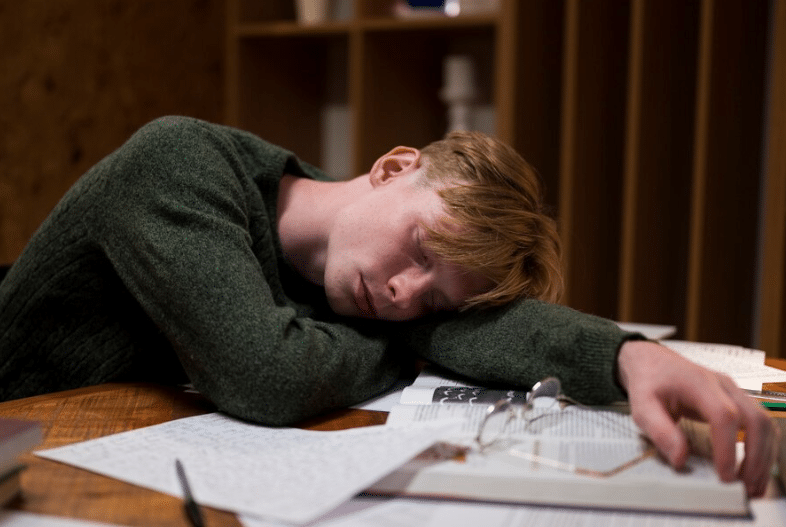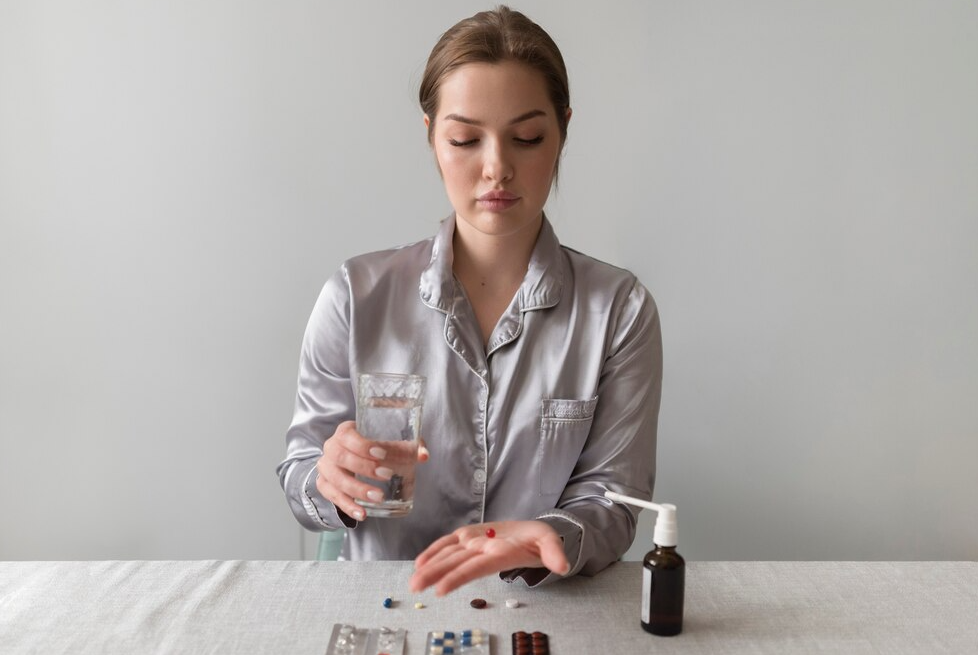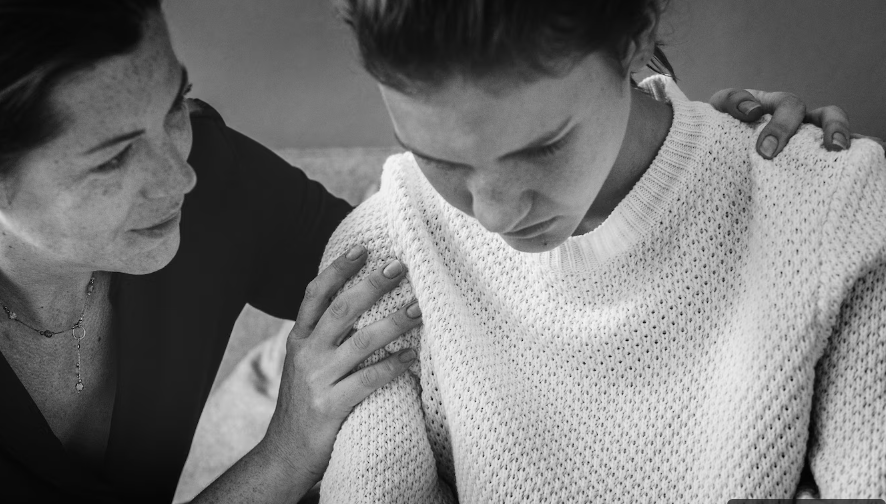
Mental health in children and adolescents is an integral part of overall well-being. As more families seek professional support, the role of child adolescent psychiatry becomes increasingly essential. A psychiatrist in Long Beach, Los Angeles County, CA, offers access to board-certified, evidence-based, compassionate care supporting children’s emotional and cognitive development. Organizations like Brain Health USA […]
Read More





